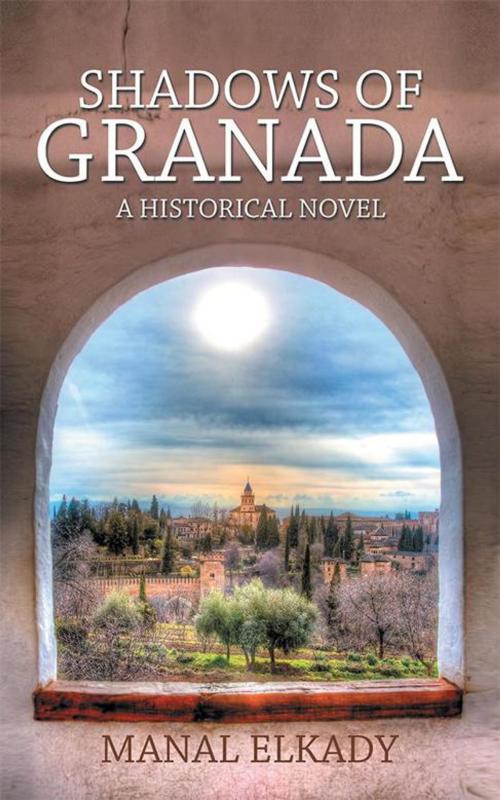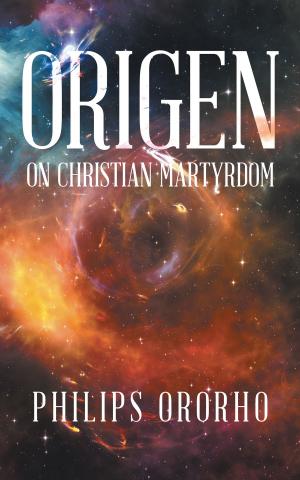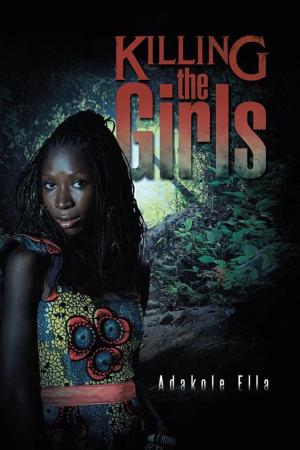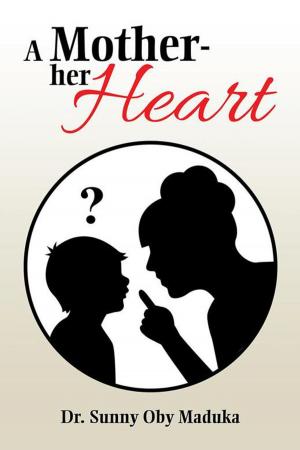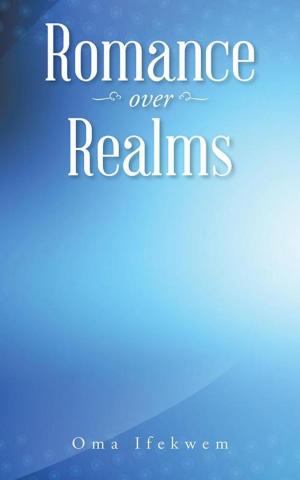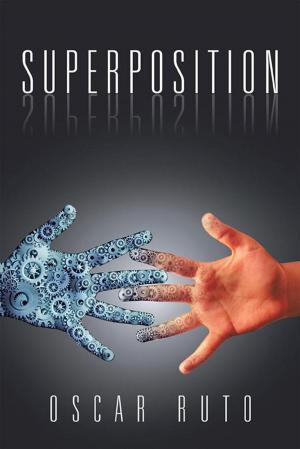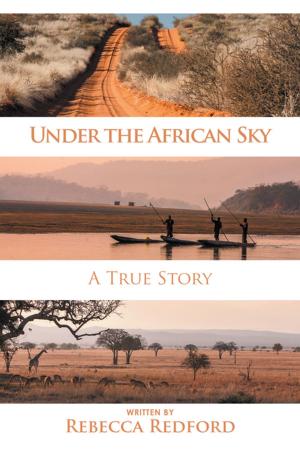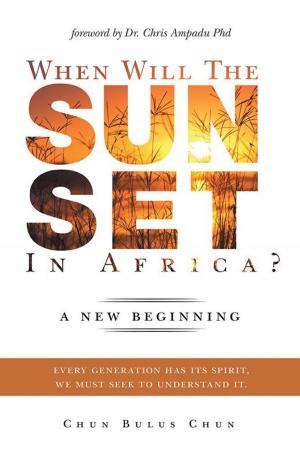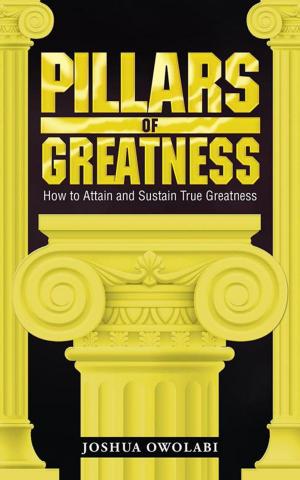| Author: | Manal Elkady | ISBN: | 9781482863345 |
| Publisher: | Partridge Publishing Africa | Publication: | June 10, 2016 |
| Imprint: | Partridge Publishing Africa | Language: | English |
| Author: | Manal Elkady |
| ISBN: | 9781482863345 |
| Publisher: | Partridge Publishing Africa |
| Publication: | June 10, 2016 |
| Imprint: | Partridge Publishing Africa |
| Language: | English |
This is a historical novel, speaking about a critical period in the sixteenth century, connecting Granada to Egypt.
Dorra, a carpet weaver, her grandson Maa-alzahab, and her sister Sahar are the main characters that represent Granada. Ibrahem, the son of the head of merchants of Cairo, is the main character that represents Egypt. Through the sequence of events, Ibrahem travels to Granada and meets Dorra, her grandson, and her sister, and there they exchange their tales, joys, fears, hopes. As you turn the pages, you will be oriented of the struggle between exclusion, seclusion due to ideological differences from one side and open minds from the other side, represented by the great Arabian philosophers, Sufis who were stated in the novel as Averroes, Ibn-Arabi and Ibn-Tofail.
It is a story about human beings who loved life, were eager for every drop of it, yet were oppressed.
That period was critical. The author sets a question: "Who would have the upper hand life or oppression?" The answer isnt easy.
This is a historical novel, speaking about a critical period in the sixteenth century, connecting Granada to Egypt.
Dorra, a carpet weaver, her grandson Maa-alzahab, and her sister Sahar are the main characters that represent Granada. Ibrahem, the son of the head of merchants of Cairo, is the main character that represents Egypt. Through the sequence of events, Ibrahem travels to Granada and meets Dorra, her grandson, and her sister, and there they exchange their tales, joys, fears, hopes. As you turn the pages, you will be oriented of the struggle between exclusion, seclusion due to ideological differences from one side and open minds from the other side, represented by the great Arabian philosophers, Sufis who were stated in the novel as Averroes, Ibn-Arabi and Ibn-Tofail.
It is a story about human beings who loved life, were eager for every drop of it, yet were oppressed.
That period was critical. The author sets a question: "Who would have the upper hand life or oppression?" The answer isnt easy.
